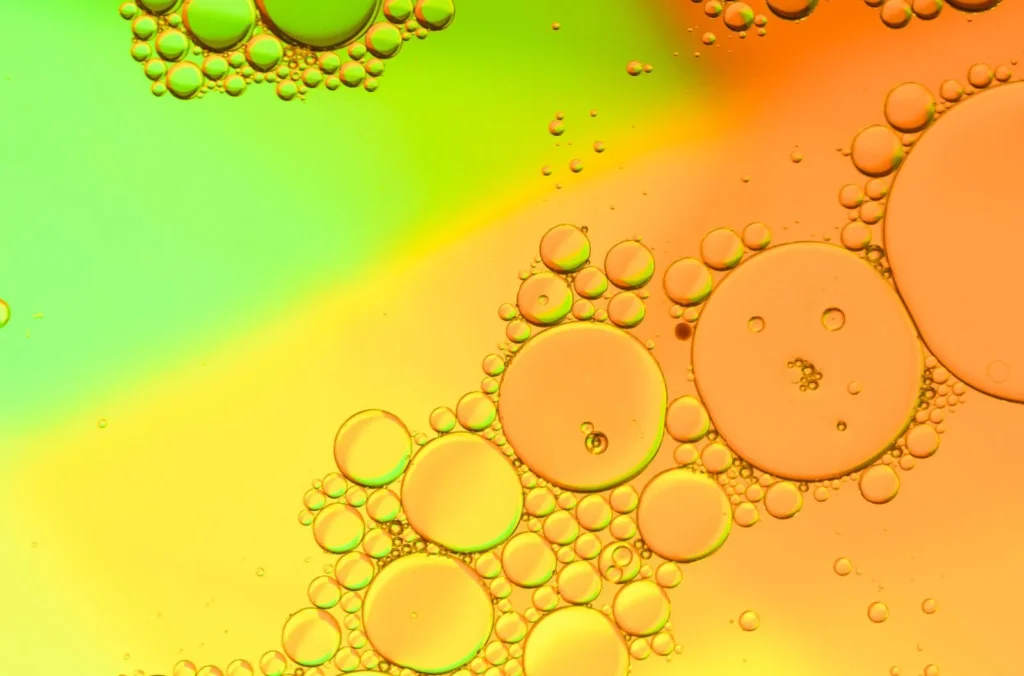Benefits of Using Defoamers to Enhance Operational Efficiency
Benefits of Using Defoamers to Enhance Operational Efficiency
Blog Article
The Role of Defoamers in Enhancing Item Top Quality and Efficiency
In numerous making procedures, the existence of foam can considerably prevent product high quality and operational performance. Defoamers act as important ingredients that mitigate this issue, guaranteeing smoother production operations while improving the aesthetic and useful characteristics of the end products (defoamers). Their application covers a multitude of sectors, from food and drink to drugs, where uniformity and reliability are extremely important. The selection of the suitable defoamer can be crucial to attaining optimum results, increasing essential questions about formulation compatibility and efficiency metrics that merit more expedition.
Understanding Defoamers
Recognizing the role of defoamers is essential for keeping item high quality across different markets. Defoamers are chemical additives designed to protect against the formation and lower of foam in fluid systems, which can detrimentally affect processes such as mixing, loading, and surface stress. Lathering can result in inadequacies, product problems, and endangered visual allure, making defoamers a critical component in manufacturing procedures.
In industrial applications, defoamers help to enhance product consistency and stability. As an example, in the paint and coatings market, foam can disrupt the application procedure and the last coating. In food and beverage production, too much foam can impede bottling and packaging efficiency. The reliable usage of defoamers not only guarantees smoother production procedures however additionally contributes to remarkable product efficiency.
In addition, the option and formula of a defoamer should line up with particular application demands, such as compatibility with various other ingredients, performance under varying temperature level and pH conditions, and potential regulatory constraints. Inevitably, understanding defoamers' features and their value in different solutions is crucial for optimizing production and making certain the best quality final product.
Kinds of Defoamers
Defoamers can be categorized into a number of types based on their structure and mechanism of activity. The primary kinds include silicone-based, non-silicone organic, and inorganic defoamers.
Silicone-based defoamers are among the most efficient, mostly because of their ability to spread out quickly on the fluid surface area and disrupt foam development. Their distinct chemical framework enables exceptional security, making them suitable for high-temperature applications and environments with varying pH levels.
Non-silicone organic defoamers, frequently made up of fatty acids or natural oils, are valued for their biodegradability and reduced poisoning. These are usually used in food and beverage applications where safety and security and environmental influence are extremely important.
Inorganic defoamers, which include substances like talc or calcium carbonate, act by boosting the density of the fluid, consequently reducing foam security. They are commonly used in commercial procedures where compatibility with other products is not a concern.
Each kind of defoamer has distinctive benefits and restrictions, permitting for tailored options relying on the details foaming problems encountered in various applications. Understanding these differences is vital for optimizing performance and accomplishing desired product quality.
Applications Across Industries
Numerous markets utilize defoamers to boost product top quality and functional efficiency. In the food and beverage market, defoamers are vital in processes such as brewing and dairy products manufacturing to avoid foam formation, which can lead to inadequacies and item incongruity. By regulating foam, suppliers can make certain better yield and an extra uniform item.
In the pharmaceutical market, defoamers play a crucial function in the solution of liquid medications, where too much foam can restrain mixing and precise dosing. Their usage assists preserve the stability of the solutions and assists in smoother manufacturing processes.
The paint and finishes industry additionally depends on defoamers to boost the performance of items during application. By minimizing foam, these ingredients make sure a smoother finish and improve the visual top qualities of the last product.

Advantages of Using Defoamers
While the application of defoamers varies across markets, their advantages regularly enhance item high quality and procedure effectiveness. One considerable advantage is the reduction of foam formation during making procedures, which can or else lead to manufacturing delays and variances discover this info here in item top quality. By minimizing foam, defoamers allow a smoother circulation of materials, facilitating much more efficient operations and decreasing the likelihood of equipment breakdowns.
Additionally, the usage of defoamers can improve the look and structure of last items. In markets such as coatings, paints, and food processing, extreme foam can compromise the aesthetic looks and general high quality, while the ideal defoamer application makes certain a consistent surface and desirable characteristics. Defoamers can contribute to cost financial savings by reducing waste throughout production and enhancing the use of raw materials.

Choosing the Right Defoamer
Picking the best defoamer is crucial for maximizing manufacturing processes and making certain item quality. The option of defoamer affects not only the effectiveness of foam control but additionally the total efficiency attributes of the last item. Aspects to consider consist of the sort of application, the chemistry of the formula, and the ecological conditions under which the item will certainly be utilized.
Different markets might need specific defoamer types, such as silicone-based, natural, or polymeric defoamers. Recognizing the compatibility of the defoamer with the main active ingredients is necessary to avoid unfavorable reactions that could endanger product stability. Furthermore, the defoamer's efficiency in various temperature levels and pH levels should be evaluated to make certain constant efficiency.
Checking the defoamer in small applications can supply valuable understandings right into its efficiency and viability. Consideration of regulatory conformity, particularly visit the site in food, drugs, and cosmetics, is vital in selecting a defoamer. Eventually, an extensive evaluation of these aspects will certainly result in the selection of a defoamer that not just manages foam properly but additionally boosts the high quality and performance of the final item.
Conclusion

Finally, defoamers are crucial additives that dramatically improve product quality and performance throughout numerous industries. By properly lowering foam formation, these representatives not only improve functional efficiency yet likewise contribute to the useful and aesthetic honesty of products. The calculated choice and application of defoamers result in set you back financial savings, optimized source use, and raised customer satisfaction. Generally, the value of defoamers in commercial procedures can not be overstated, as they play an important role in attaining consistent and top quality end results.
Lathering can lead to inefficiencies, item flaws, and jeopardized aesthetic allure, making defoamers a vital component in manufacturing procedures.

Report this page